
Impact of Recent Legislative Changes on Estate Planning
Navigating Your Legacy: Expert Estate Planning in New York City Indeed, securing your future and the well-being of your loved ones requires a thoughtful and



Navigating Your Legacy: Expert Estate Planning in New York City Indeed, securing your future and the well-being of your loved ones requires a thoughtful and

Utilizing Purpose Trusts for Business Succession: A New York Guide to Preserving Your Legacy As experienced estate planning attorneys at Morgan Legal Group, we recognize

Unlocking the Benefits: Why New Yorkers Choose Revocable Living Trusts As dedicated estate planning attorneys at Morgan Legal Group, we’ve witnessed firsthand the transformative power

Estate Planning Guide 2025: A Comprehensive Resource for New York Residents As we approach 2025, the need for a solid and comprehensive estate plan becomes

Advantages of Establishing Revocable Living Trusts in New York: A Comprehensive Guide As seasoned estate planning attorneys at Morgan Legal Group, we understand that planning

Impending Changes to Federal Estate Tax Exemptions in 2026: A Guide for New York Residents As we move closer to 2026, New York residents need

Utilizing Life Insurance in Estate Planning Amid 2025 Tax Changes: A New York Perspective As experienced estate planning attorneys at Morgan Legal Group, we understand

Estate Planning for Digital Assets in 2025: Navigating the Online World in New York As seasoned estate planning attorneys at Morgan Legal Group, we recognize

The Role of Revocable Living Trusts in 2025 Estate Planning: A New York Perspective As seasoned estate planning attorneys at Morgan Legal Group, we understand
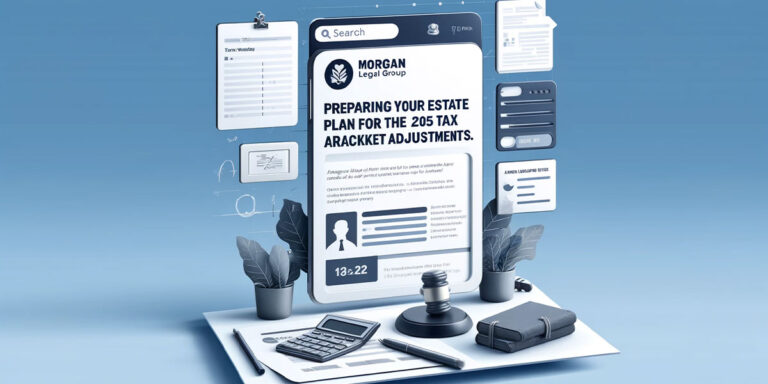
Preparing Your Estate Plan for the 2025 Tax Bracket Adjustments: A New York Focus As we approach 2025, it’s crucial for New York residents to

The Therapist’s Couch: Tradition vs. Modern Practice – A Reflective Analysis As an attorney with a background steeped in the nuances of human interaction and

Incorporating Charitable Trusts in Your 2025 Estate Plan: A Strategic Approach As Morgan Legal Group looks towards 2025, we recognize that effective estate planning requires

Leveraging the Increased Gift Tax Exclusion in 2025 for New York Estate Planning As experienced estate planning attorneys, we at Morgan Legal Group understand that

The Impact of the 2024 Election on Estate Planning: A New York Perspective As experienced estate planning attorneys, we at Morgan Legal Group recognize the
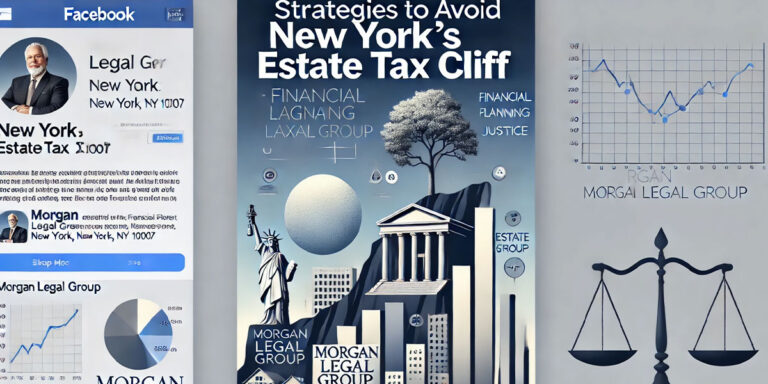
Strategies to Avoid New York’s Estate Tax “Cliff”: A Comprehensive Guide As seasoned estate planning attorneys, we at Morgan Legal Group understand the intricacies and

Navigating New York’s Estate Tax “Cliff” in 2025 As we move toward 2025, a critical consideration for New York residents engaged in estate planning is

How Much Does It Cost to Set Up a Trust in NY in 2025? As you consider your estate planning options for 2025, the question
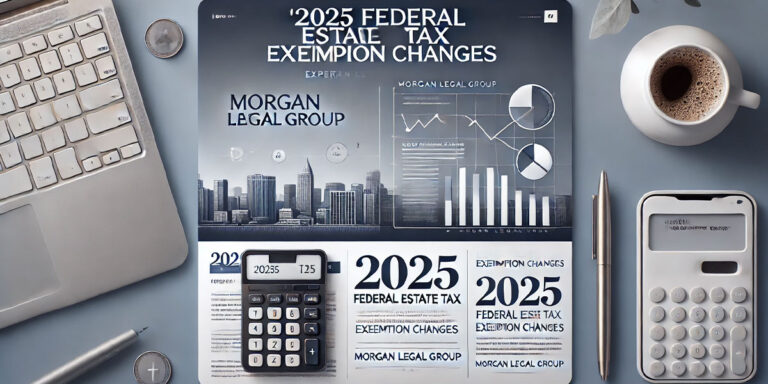
Understanding the 2025 Federal Estate Tax Exemption Changes in New York As we approach 2025, a significant shift is on the horizon for federal estate

Living Trusts in 2025: What You Need to Know As we move towards 2025, the importance of strategic estate planning continues to grow, especially for
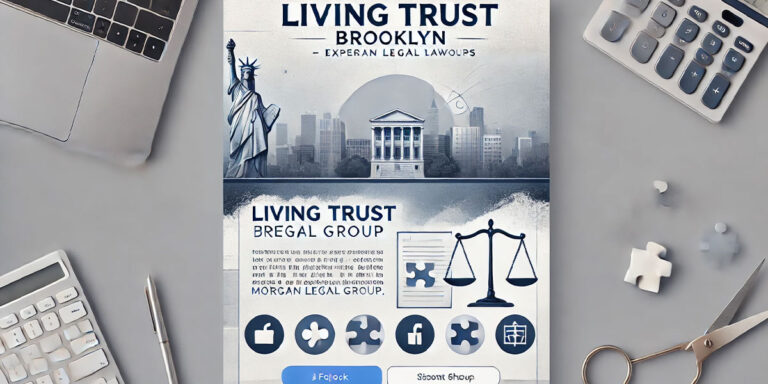
Securing Your Future: Living Trusts in Brooklyn, New York For many, the desire to secure their legacy and provide for their loved ones drives their
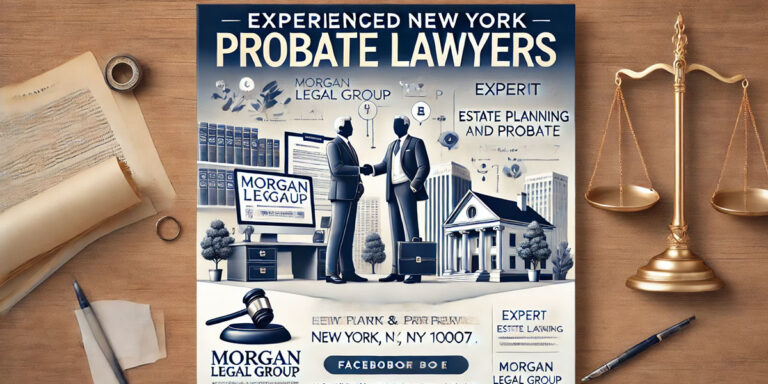
Experienced New York Probate Lawyers in 2025 Dealing with the legal complexities of probate can be overwhelming, especially during times of grief. At Morgan Legal
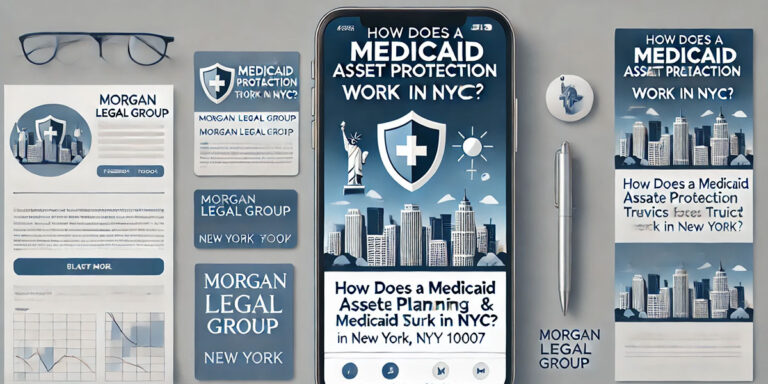
Protecting Your Future: Understanding Medicaid Asset Protection Trusts in New York City Planning for long-term care can be daunting, particularly when considering the significant costs

Navigating Life’s Transitions: Expert Legal Guidance in New York Life is a journey filled with significant milestones and transitions. At Morgan Legal Group, we understand

When Should You Start Estate Planning? Estate planning is aiportant for securing your future and protecting your loved ones. While many delay starting their estate
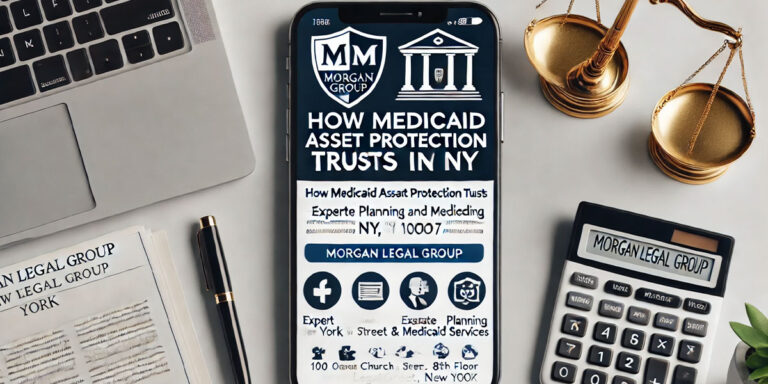
Understanding Medicaid Asset Protection Trusts in New York What Is a Medicaid Asset Protection Trust (MAPT)? A Medicaid Asset Protection Trust (MAPT) is a powerful

Estate Planning and Trusts: Securing Your Legacy Understanding the Basics of Estate Planning Estate planning is a vital process that ensures your assets are protected,

Why Should You Hire an Estate Planning Lawyer in New York? Understanding Estate Planning Estate planning involves organizing and managing your assets to ensure they
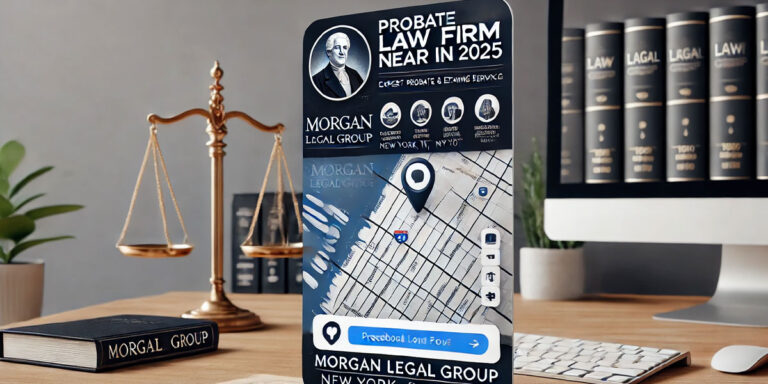
Finding the Right Probate Law Firm Near You in 2025 Understanding Probate in New York Probate is the legal process of administering a deceased person’s

Understanding Digital Assets in Estate Planning What Are Digital Assets? Digital assets encompass a wide range of intangible properties stored electronically. These can include cryptocurrencies,

Expert Estate Planning Attorneys in Manhattan Planning for the future is essential to protect your assets and ensure your loved ones are cared for. At
Ⓒ 2025 - All Rights Are Reserved | Privacy Policy | Estate Planning Attorney NYC | Sitemap